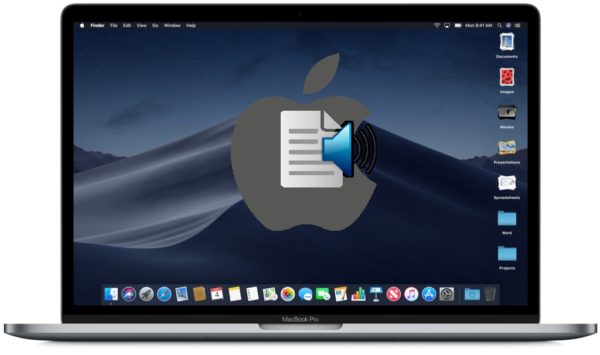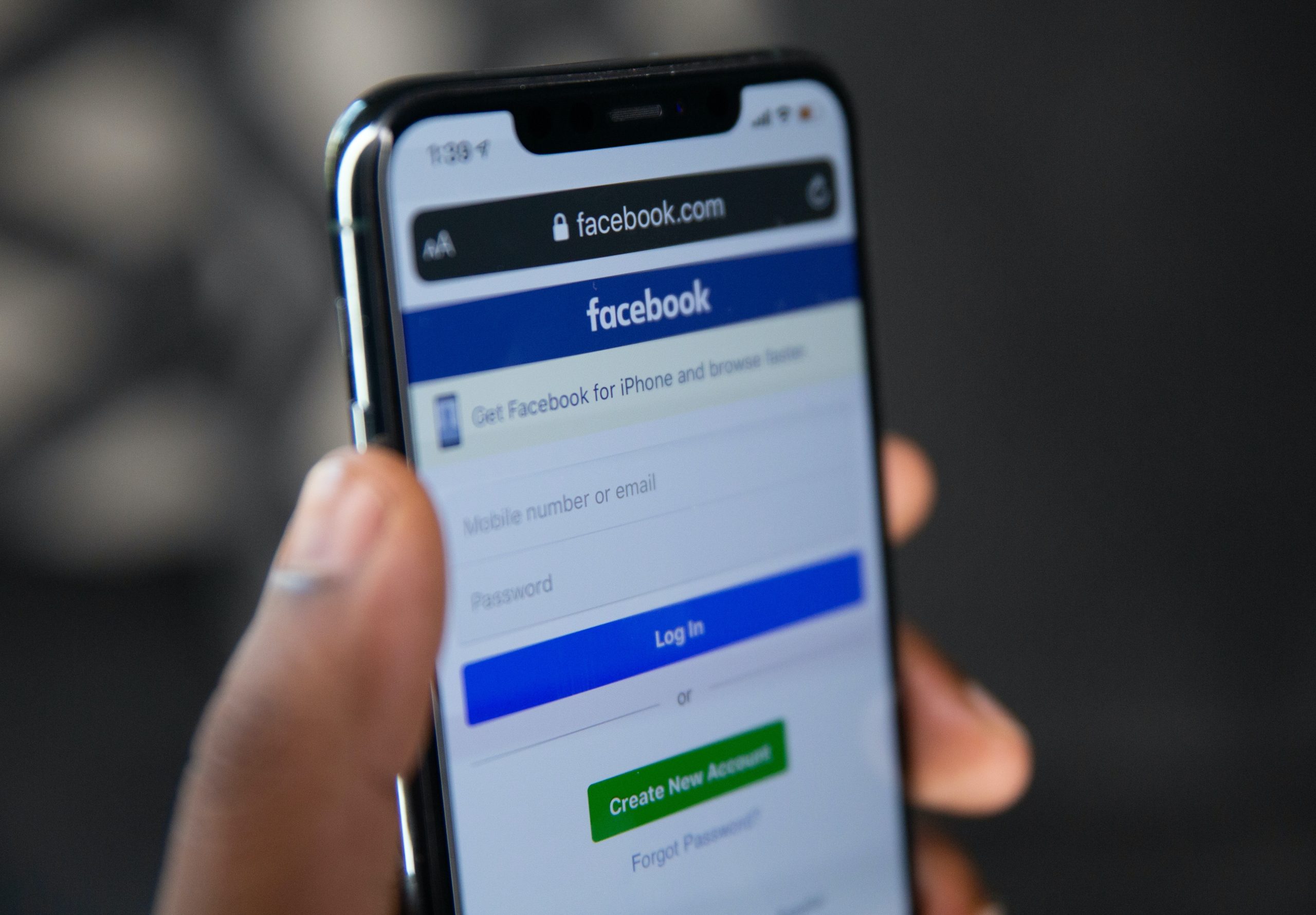In today’s digital age, social media has become an integral part of our lives. It is no longer just a platform for sharing pictures and updates with friends; it has also become a powerful tool for political discourse. Social media allows us to connect with people from all over the world who share similar beliefs, but it can also lead to polarization and misinformation. In this blog post, we will analyze the impact of social media on political discourse by exploring the good, the bad, and the ugly sides of this phenomenon. So buckle up as we delve into how social media affects our transparency, mental health and creates echo chambers!
The Good: Social Media Provides People with a Greater Level of Transparency
Social media has revolutionized the way we communicate, and one of the positive aspects is that it provides people with a greater level of transparency. In the past, political debates were only accessible to those who had access to traditional media outlets such as newspapers or television networks. Today, anyone can voice their opinions on social media platforms like Twitter, Facebook or Instagram.
By providing individuals with an open platform to share their thoughts and ideas about politics, social media has encouraged transparency in public discourse. Political leaders are now more accountable for their actions because they know that citizens have easy access to information about what they do and say.
Moreover, social media has empowered ordinary citizens by giving them a voice in political discussions. People no longer need to rely solely on politicians or mainstream news outlets for information; they can research issues themselves and form opinions based on facts rather than hearsay.
The increased transparency provided by social media encourages accountability from all sides of the political spectrum – not just politicians but also journalists and citizens alike. It allows us to be better informed about our governments’ policies and decisions while holding them accountable for any wrongdoings through proper channels such as reporting agencies without resorting into cyberbullying tactics!
The Bad: Social Media Can Create an echo Chamber, Leading to Misinformation and Polarization
Social media has brought many benefits, but it also has some negative effects that we cannot ignore. One of the biggest problems with social media is its tendency to create echo chambers where people only interact with those who share their views.
This isolation can lead to misinformation and polarisation since users are not exposed to other perspectives or opinions. They begin to believe everything they see on their feed without questioning the validity of the information presented.
Moreover, algorithms used by social media platforms tend to amplify this effect as they show us more content similar to what we already engage with, leading us further into our echo chambers.
As a result, users become more divided and less willing to listen or understand others’ perspectives which further exacerbates social issues like racism and hate speech. It creates an environment where groupthink becomes prevalent and leads people away from critical thinking about political discourse.
It’s important for individuals using social media platforms regularly to be aware of these potential downsides and try their best not get caught up in an echo chamber mentality.
The Ugly: Social Media Has a Damaging Effect on our Mental Health
Social media has had a significant impact on political discourse. While it provides people with greater transparency and access to information, it also creates echo chambers that can lead to misinformation and polarization. However, perhaps the most concerning impact of social media is its effect on our mental health.
Studies have shown that excessive use of social media can increase feelings of loneliness, depression, anxiety, and FOMO (fear of missing out). The constant barrage of negative news stories and divisive content can take a toll on our emotional well-being.
Additionally, the pressure to maintain an idealized online persona can lead to self-esteem issues and even exacerbate existing mental health conditions. As a society, we must recognize the potential harm caused by social media’s influence on our mental health and take steps to mitigate these effects.
While there are undeniable benefits to using social media in political discourse, we must remain aware of its potential pitfalls. By promoting critical thinking skills and responsible usage habits among users, we may be able to harness the power of social media for positive change while minimizing any negative impacts it may have.









